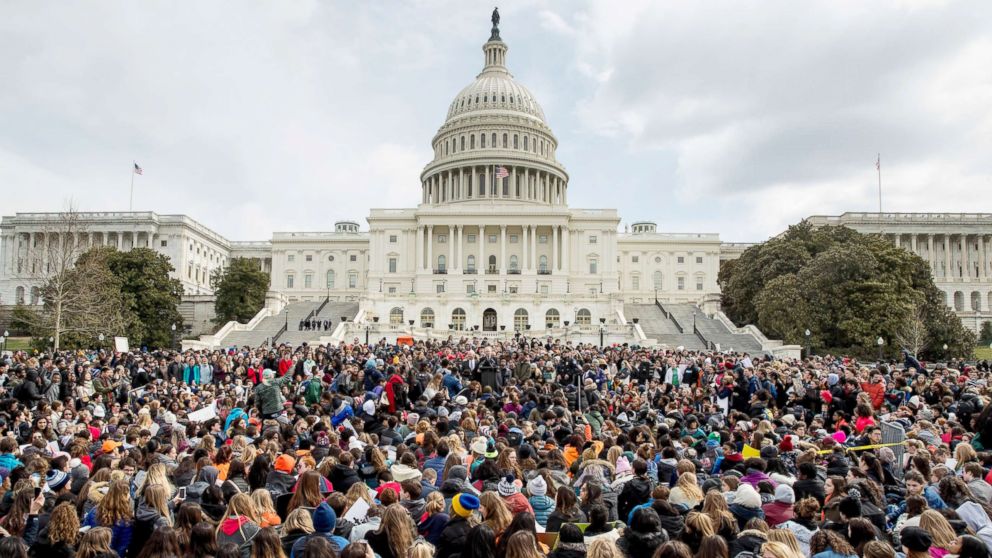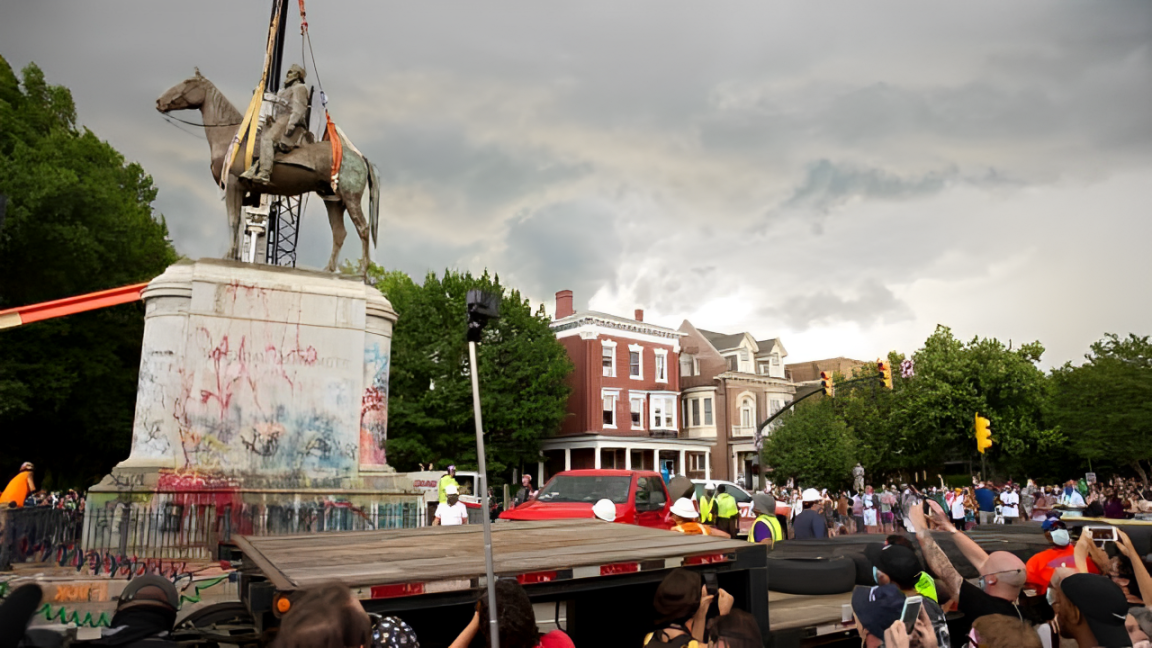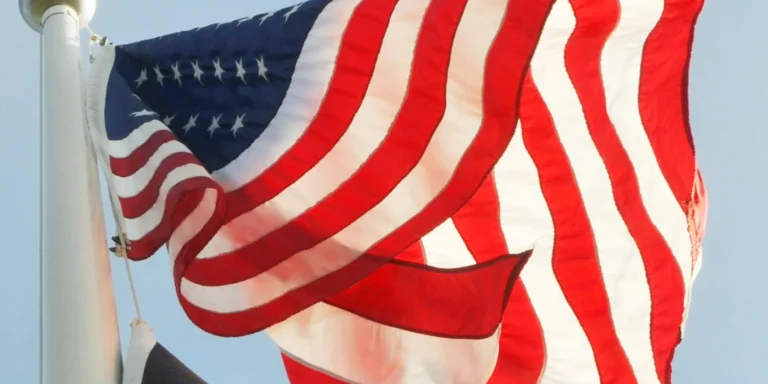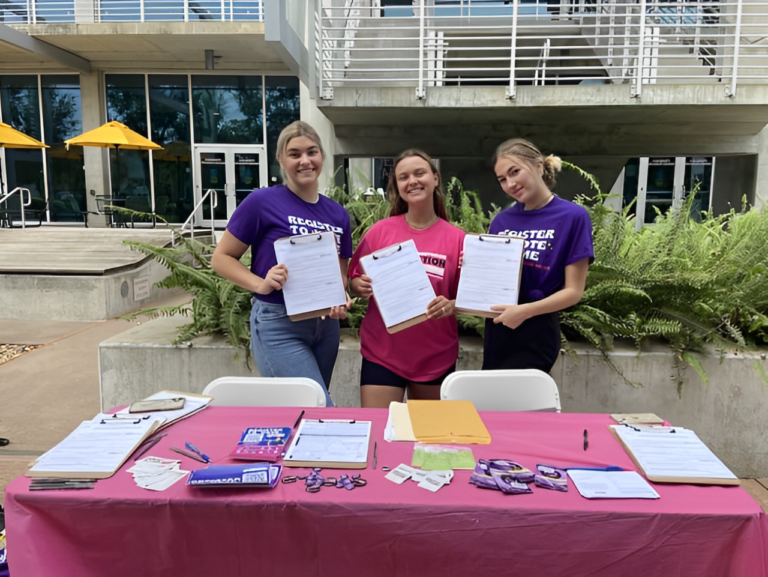Welcome back to Everything’s Political, Capital B’s weekly newsletter that delves into the intersection of news, culture, and politics, with a special focus on the issues affecting Black communities. In this edition, we explore several significant stories that highlight the ongoing struggles for racial justice and equity in America.
The Confederacy Rises Again in Virginia
In a surprising and controversial move, the Shenandoah County School Board in Virginia has decided to revert the names of two schools back to their original Confederate-themed names: Stonewall Jackson High School and Ashby Lee Elementary School. This decision overturned the 2020 vote to rename these schools to Mountain View High School and Honey Run Elementary School, a change that was part of a broader initiative to distance educational institutions from the legacies of Confederate leaders like Stonewall Jackson, Robert E. Lee, and Turner Ashby.
For many Black residents and advocates of racial justice, this reversal is deeply troubling. It represents not just a step back from progress but also a direct affront to the ongoing efforts to address and rectify the historical injustices associated with the Confederacy. One Black student poignantly expressed her frustration at a recent school board meeting: “People don’t take the time to think about students like me, who would not be proud to graduate from a school with the name ‘Stonewall Jackson.’ He fought for slavery to be a constitutional right.”
This decision is emblematic of a broader political climate in Virginia, where Republican Governor Glenn Youngkin has been pushing back against what he terms “divisive concepts” in education. Since taking office in 2022, Youngkin has made significant efforts to curtail the teaching of race-related topics in public schools and to reverse policies that promote transgender inclusivity. His administration’s actions reflect a nationwide trend among conservative leaders to resist educational reforms aimed at fostering a more inclusive and truthful understanding of American history.
The original push to rename these schools was part of a larger movement led by Black and Indigenous activists to confront and reassess the glorification of Confederate symbols and figures. These advocates argue that such symbols perpetuate the legacy of racism and white supremacy and that removing them from public spaces is a necessary step toward healing and reconciliation. As my colleague Adam Mahoney reported earlier this year, the renaming of schools and other public institutions is a critical component of this larger struggle to address the enduring impacts of America’s racist past.
The school board’s decision to revert the names of these schools is a stark reminder of the ongoing resistance to such efforts. It highlights the deeply entrenched nature of these issues and the challenges that advocates for racial justice continue to face. For many in the community, especially students of color, the names of their schools are not just symbols but daily reminders of a painful history that continues to affect their lives.

This issue also comes at a significant historical moment. Tomorrow marks the 70th anniversary of the landmark Brown v. Board of Education decision, in which the U.S. Supreme Court declared that the doctrine of “separate but equal” has no place in public education. This decision was a major victory in the fight against segregation and for civil rights, but as the situation in Shenandoah County shows, the battle for educational equity and justice is far from over.
To gain further insight into the legacy of Brown v. Board of Education and its relevance today, I interviewed Cornell William Brooks, a professor of the practice of public leadership and social justice at the Harvard Kennedy School. Professor Brooks offers a nuanced perspective on how the ruling has shaped the landscape of American education and the ongoing challenges that communities face in ensuring that all students receive a fair and equitable education.
Read More: Women Beat up A 79-Year-Old Man at Dollar Tree Store in Brooklyn!
Police Report: Girlfriend Allegedly Scratched His Face in the Afternoon, Slapped Him Later at Night
Allegations of Strangulation Rock NYPD as Off-Duty Officers Face Accusations
The decision to restore the Confederate names of schools in Shenandoah County is a significant and troubling development. It underscores the persistent tensions and divisions within American society regarding how we remember and reckon with our history. As we reflect on the progress made since Brown v. Board of Education, it is clear that the fight for racial justice and equality in education continues to be a critical and contentious issue.







+ There are no comments
Add yours